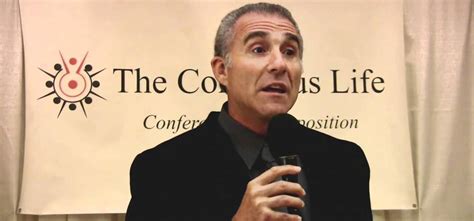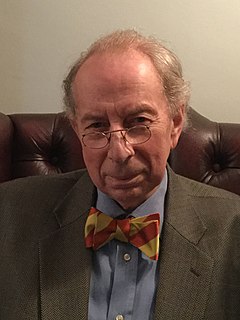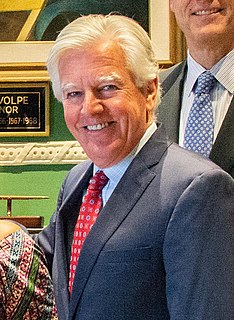A Quote by Manto Tshabalala-Msimang
Today I want to dispel this myth, because it is absolutely not true .[ that ARV's work ] The pharmaceutical industry and those who have a vested interest in the drug industry fuels this propaganda.
Related Quotes
Since the 1920s, virtually all continuing medical and public health education is funded by pharmaceutical companies. In fact, today, the FDA can't even tell health scientists the truth about vaccine contaminants and their likely effects. The agency is bound and gagged by proprietary laws and non-disclosure agreements forced upon them by the pharmaceutical industry. Let us not forget that the pharmaceutical industry, as a special interest group, is the number one contributor to politicians on Capital Hill.
We've got to get our drug industry back. Our drug industry has been disastrous. They're leaving left and right. They supply our drugs, but they don't make them here, to a large extent. And the other thing we have to do is create new bidding procedures for the drug industry because they're getting away with murder.
In the last century the practice of medicine has become no more than an adjunct to the pharmaceutical industry and the other aspects of the huge, powerful and immensely profitable health care industry. Medicine is no longer an independent profession. Doctors have become nothing more than a link connecting the pharmaceutical industry to the consumer.
We've reached a very low-level equilibrium where it's not clear whose interest it is in to develop Africa... It's not in the interest of those in the aid industry to develop Africa because then there'd be no more industry and 500,000 people would lose their jobs. The only people whose interest it is in is Africans, but they have no voice.
The socialism of centralised state control of industry and production, is dead. It misunderstood the nature and development of a modern market economy. It failed to recognise that the state and public sector can become a vested interest capable of oppression as much as the vested interests of wealth and capital. it was based on a false view of class that became too rigid to explain or illuminate the nature of class division today.
I don't want to follow the map of what the music industry does because I've already lived the industry and I still live the industry so I already understand how it works. The industry doesn't really like us around anyway once we get older because we know too much so, that's fine - cut us off - and we'll find another way to get it out there.
While many have been left behind by Part D, there is a clear winner: the drug industry. Independent analysts predict that Part D will increase drug industry profits by $139 billion over the next eight years. Glaxo-SmithKline's second-quarter net income already jumped 14 percent, and other leading drug companies also have benefited.
































